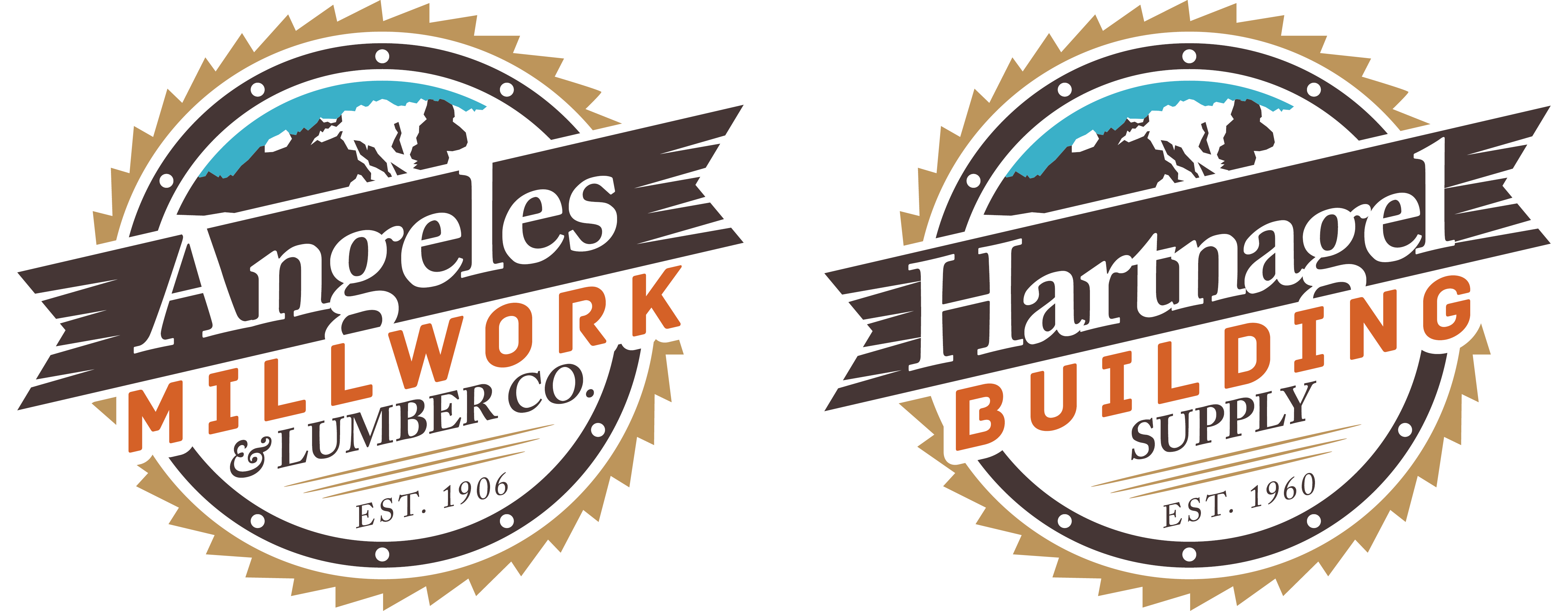Enhancing Your Home by Choosing the Right Energy-Efficient Windows
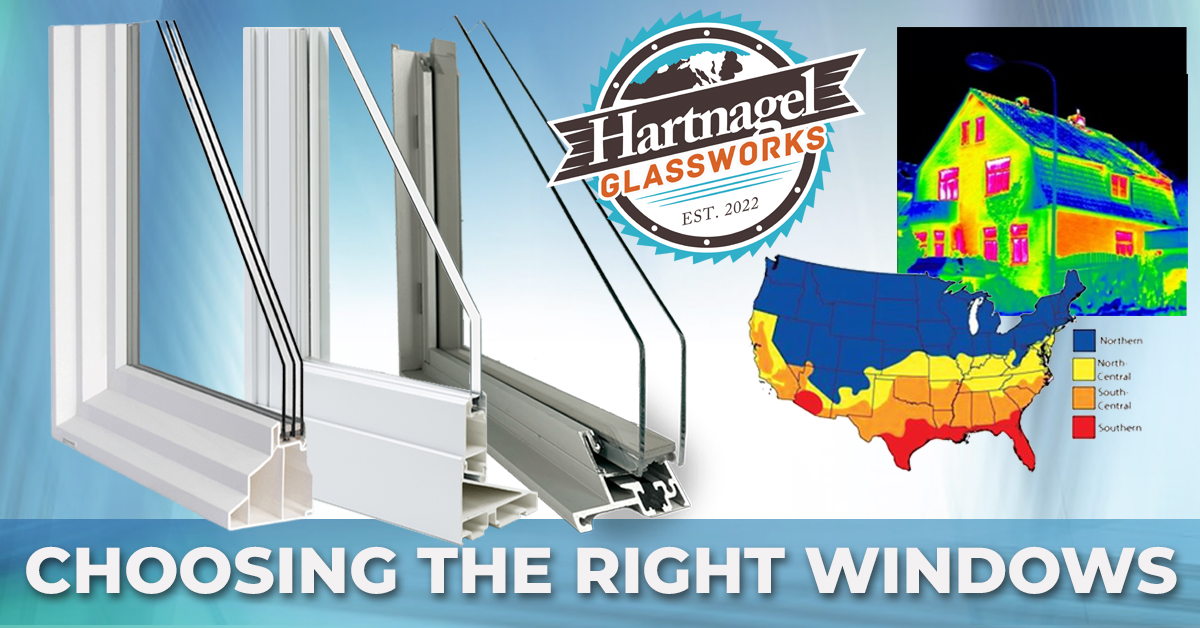
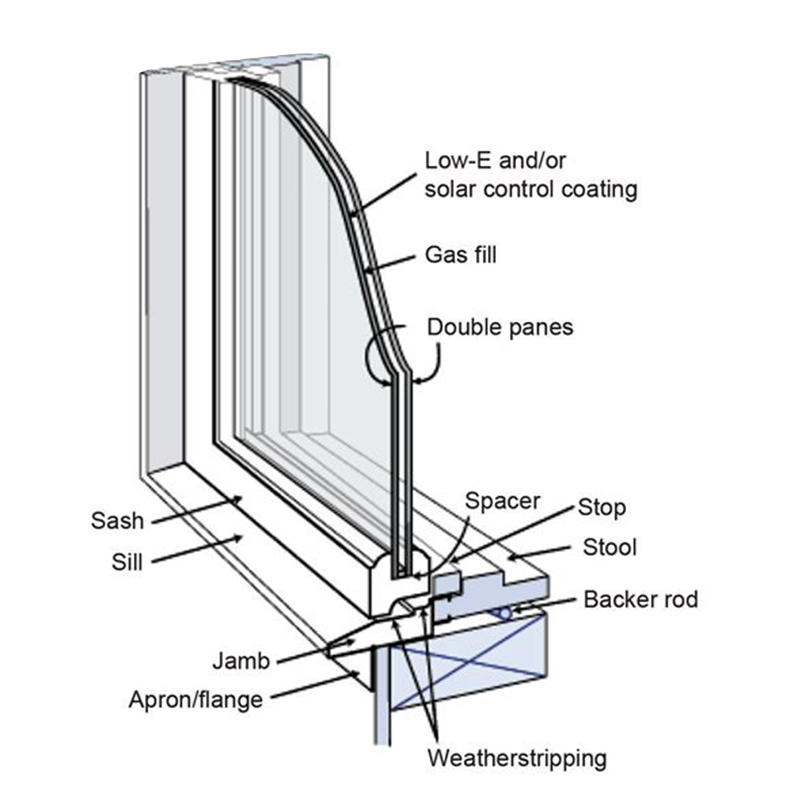
In an age where energy conservation and cost savings are paramount, understanding how to enhance your home’s energy efficiency is crucial. One key aspect of this is selecting the right windows. This post will guide you through the benefits of energy-efficient windows, the importance of choosing the right materials, and how to leverage rebates and incentives to make these upgrades more affordable.
The Importance of Energy-Efficient Windows: Windows play a crucial role in a home’s energy profile. Old, inefficient windows can lead to significant heat loss in winter and heat gain in summer, resulting in higher energy bills. Upgrading to energy-efficient windows can substantially lessen this issue, keeping your home comfortable and reducing energy consumption.
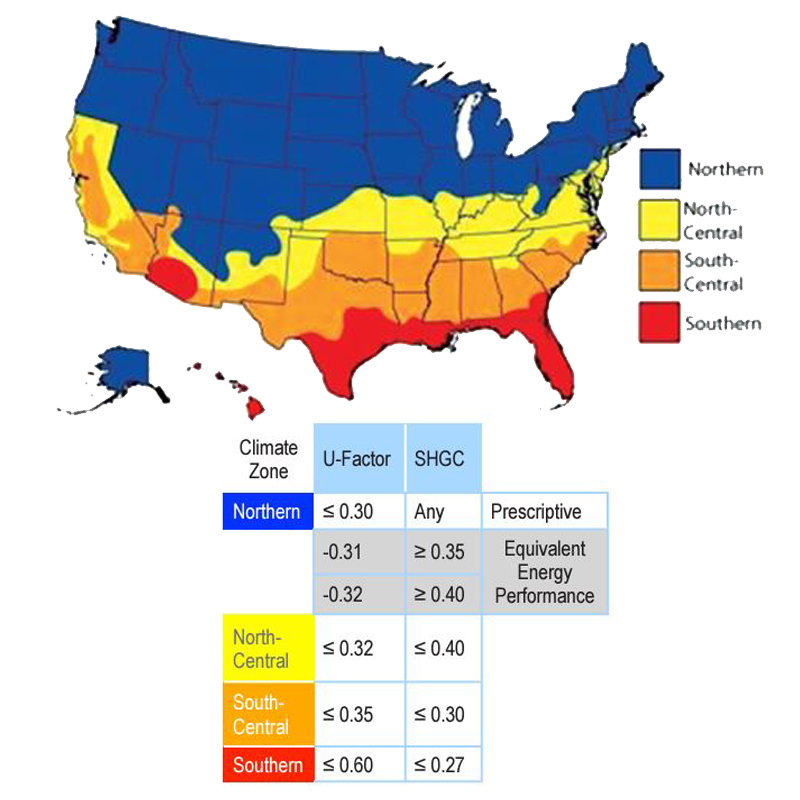
Understanding Window Efficiency Ratings: It’s essential to understand various ratings like U-factor and Solar Heat Gain Coefficient (SHGC) when selecting energy-efficient windows. U-factor measures how well a window can keep heat from escaping, while SHGC measures the solar radiation that can pass through a window. The lower these numbers, the more efficient the window. Dept of Energy has a guide HERE that goes more in-depth
Rebates and Incentives: Utility companies and governments often offer rebates for energy-efficient window upgrades. Clallam County PUD, for example, provides rebates for replacing older windows with high-performance models. Hartnagel Glassworks simplifies this process for you. We handle all the paperwork for PUD rebates if your new windows meet the necessary Clallam County rebate criteria. These savings are then directly applied to your final bill, providing upfront cost reduction and simplification.
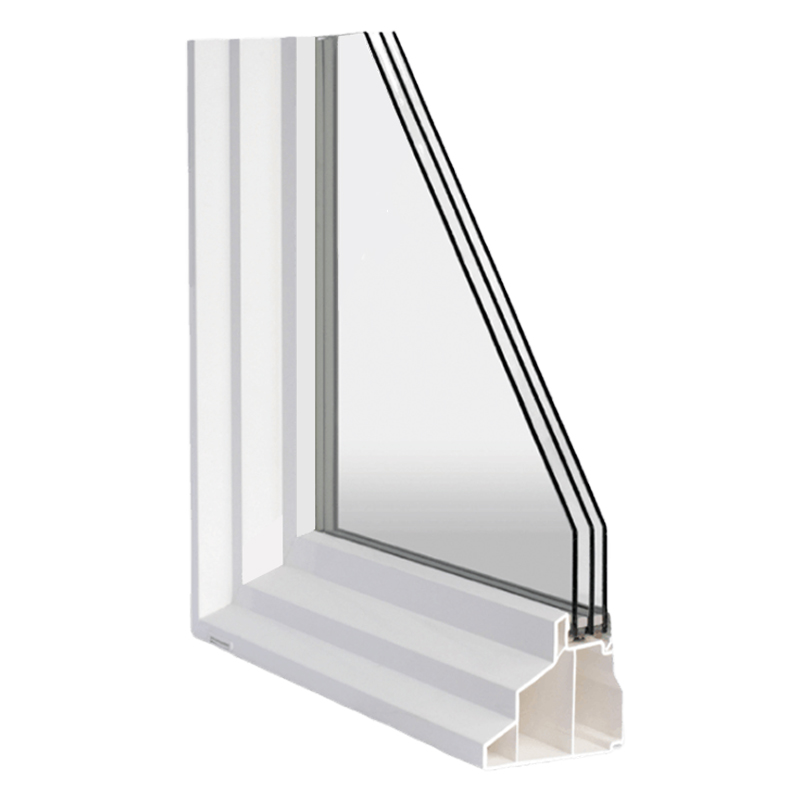
Choosing the Right Window Frame Material: The material of a window frame plays a significant role in its overall energy efficiency. Here’s a breakdown of the three common types:
Vinyl Frames: Known for their excellent insulation properties, vinyl frames are cost-effective and require minimal maintenance. They don’t conduct heat or cold, making them a great energy-efficient choice. However, they may have limited color options and can expand or contract with temperature changes.
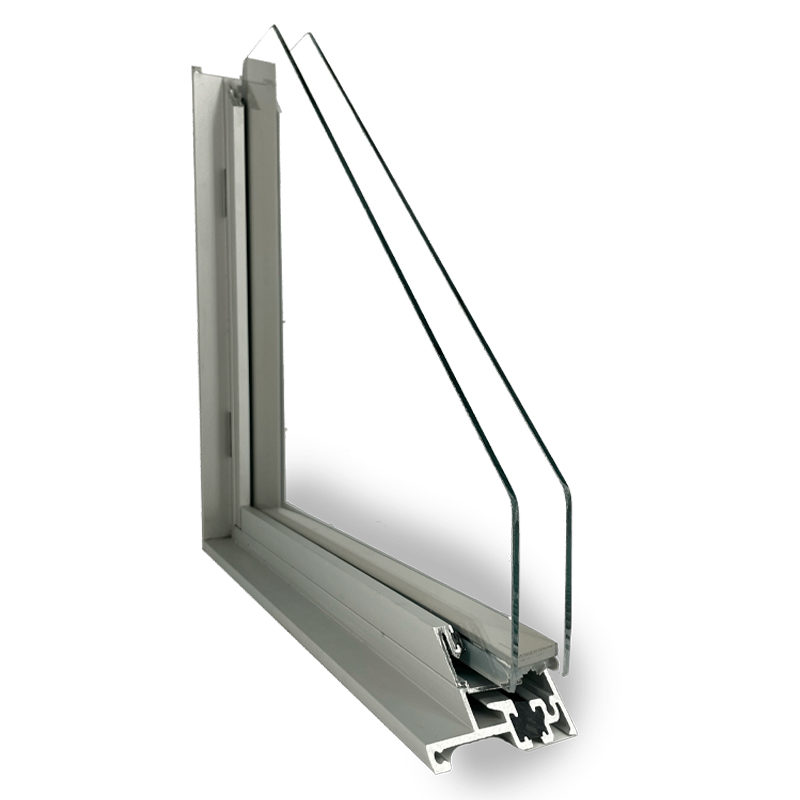
Aluminum Frames: These frames are strong, durable, and corrosion-resistant (not to be used in close proximity to salt water). The addition of a thermal break minimizes heat transfer, making them more energy-efficient than traditional aluminum frames. They suit modern architectural styles but can be less insulating than other materials without a thermal break.
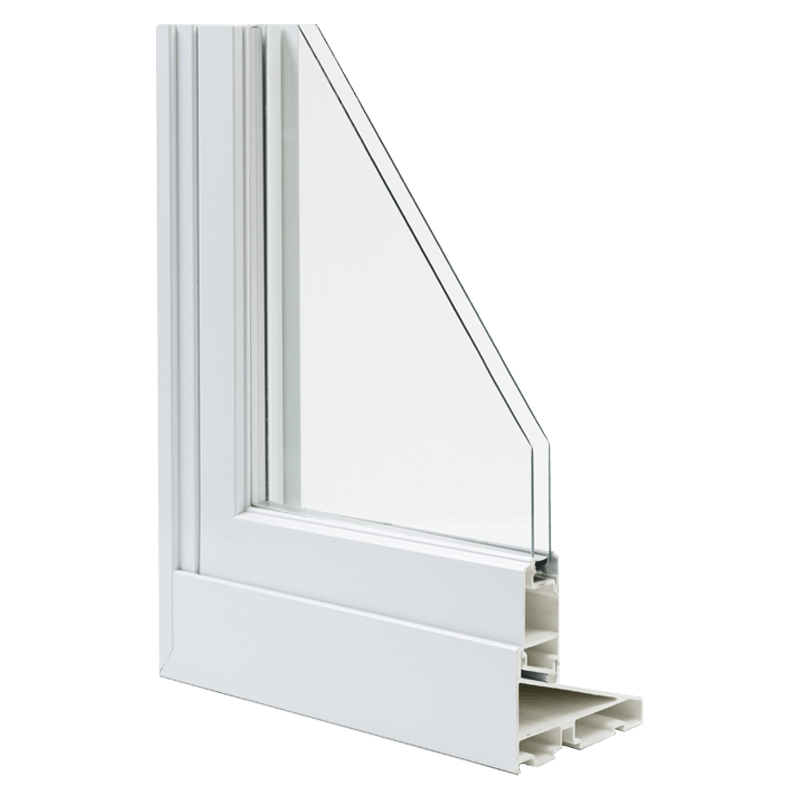
Fiberglass Frames: Fiberglass frames offer strength for larger windows, superior thermal performance as they can be filled with insulation. They are durable, low maintenance, and can withstand extreme weather conditions. While often more expensive than vinyl or aluminum, they provide excellent long-term value in terms of energy efficiency.
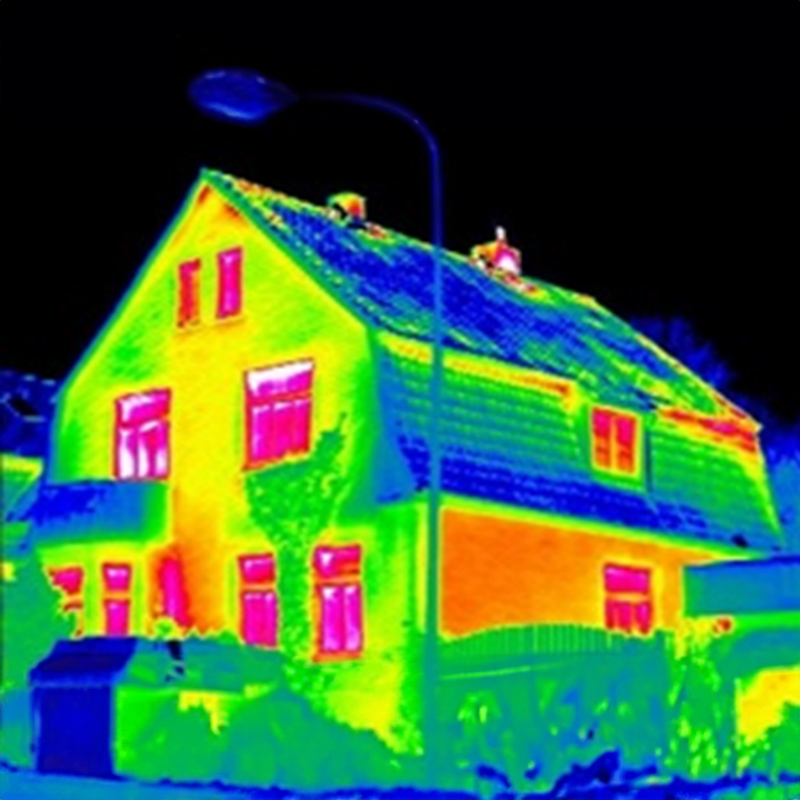
Low-Emissivity (Low-E) Coatings: Low-E coatings on windows can significantly improve their efficiency. These coatings reflect infrared light, keeping heat inside in winter and outside in summer. For instance, Milgard’s SunCoat™ Low-E glass reduces solar heat gain and protects interiors from harmful UV rays, contributing to both energy savings and interior comfort.
Installation Matters: Effective installation is critical to the performance of energy-efficient windows. Even the best windows can underperform if installed incorrectly, leading to air leaks and reduced efficiency. It’s important to rely on experienced professionals for installation to ensure your windows function at their peak efficiency.
About Hartnagel Glassworks: With over 80 years of experience, and a certified member of the National Festration Rating Council, Hartnagel Glassworks is dedicated to providing top-notch service in window installation. We treat each installation as if it were for our own home, ensuring optimal efficiency and weather protection. Our expertise and commitment to excellence mean that when you choose Hartnagel Glassworks, you’re not just getting new windows – you’re getting a long-term investment in your home’s comfort and energy efficiency.
Upgrading to energy-efficient windows is a smart investment for both environmental conservation and cost savings. Selecting the right windows and leveraging available rebates can significantly improve your home’s energy performance while reducing your environmental footprint.
